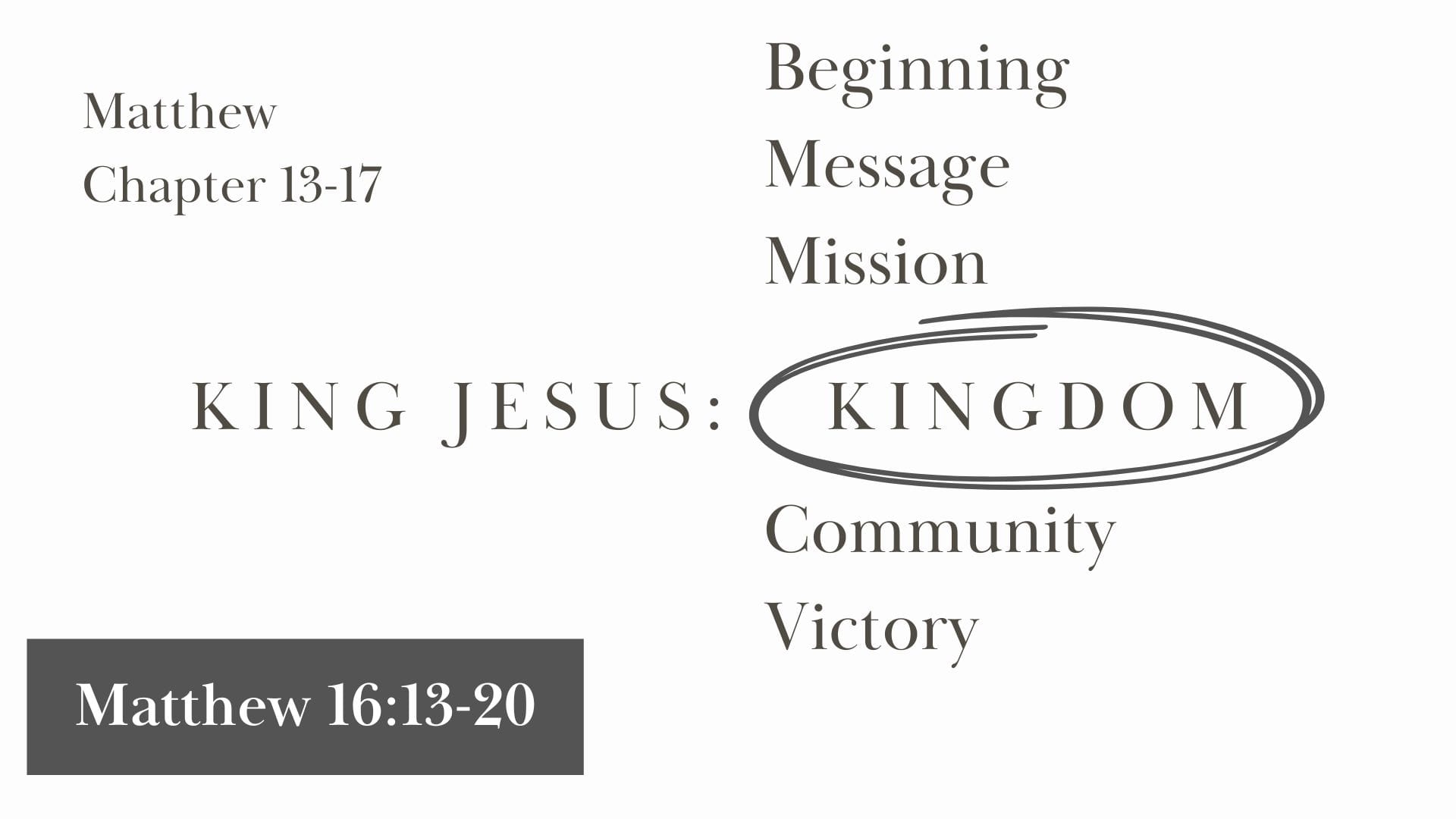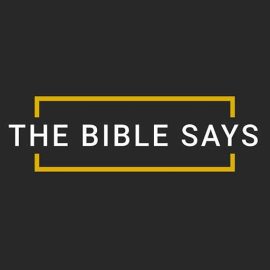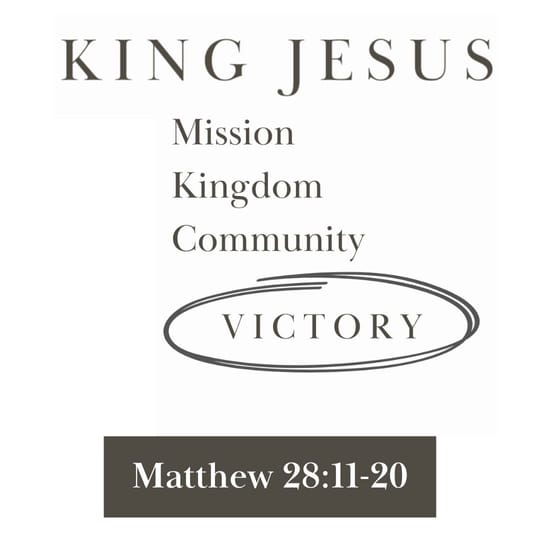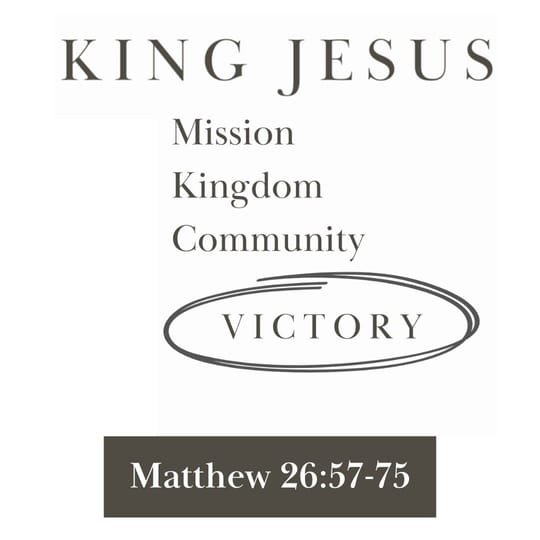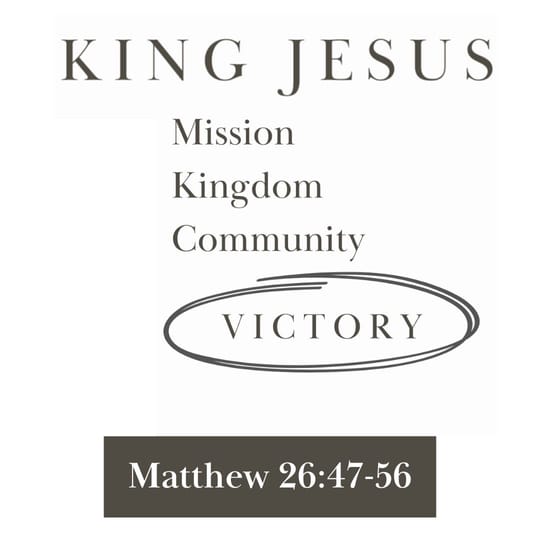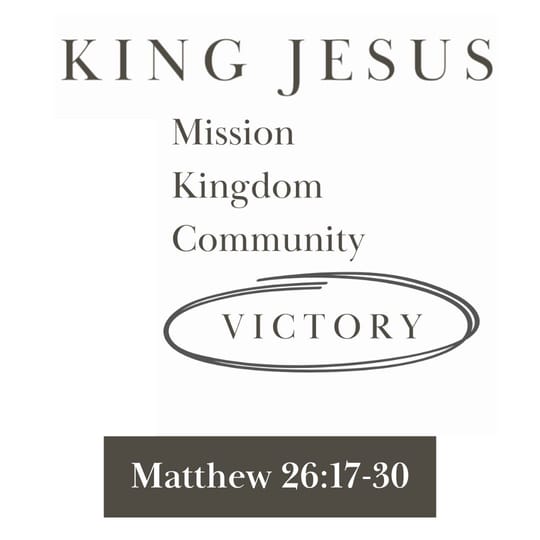Text:
When Jesus came to the region of Caesarea Philippi, he asked his disciples, “Who do people say that the Son of Man is?
“Well,” they replied, “some say John the Baptist, some say Elijah, and others say Jeremiah or one of the other prophets.”
Then he asked them, “But who do you say I am? Simon Peter answered, “You are the Messiah, the Son of the living God.” Jesus replied, “You are blessed, Simon son of John, because my Father in heaven has revealed this to you. You did not learn this from any human being. Now I say to you that you are Peter (which means ‘rock’), and upon this rock I will build my church, and all the powers of hell will not conquer it. And I will give you the keys of the Kingdom of Heaven. Whatever you forbid on earth will be forbidden in heaven, and whatever you permit on earth will be permitted in heaven.” Then he sternly warned the disciples not to tell anyone that he was the Messiah.
The Kingdom of Heaven is a spiritual reality that changes HOW I SEE EVERYTHING.
Overall Commentary: 🌎
This is part of the climax for this entire section of Matthew. This is the high point between today's text and the Transfiguration coming soon. Jesus realizes He doesn't have long with His disciples. He needs to make sure they know who He is and that what is going on is GREATER than they could have imagined.
As we follow Jesus, He opens our eyes to see the Bigger Picture.
Commentary
Verse 13:
- Caesarea Philippi—This gentile town was dedicated to Caesar Augustus. It was also known to be the center of paganistic worship in the area, especially the pagan god Pan. Jesus likely goes here to get away from the crowds. He needs to have a serious, unhindered conversation with His disciples.
- The Question— Jesus brings them to the question brewing for several chapters. John the Baptist started this conversation when he sent people to ask if Jesus was truly the one they had been waiting for.
Verse 14:
They give Jesus what the crowd has been saying. What does this reveal about the crowd?
- John the Baptist- Some thought He might have been John. These people either REALLY were not paying attention or didn't think Jesus was the Son of Man at all. They still thought John was.
- Elijah- This was the name most often thrown out because it had been prophecied that Elijah would come to usher in the Messiah. This does not mean He would come back, but someone with the same spirit and power of Elijah would come. This means some think Jesus is the forerunner for the Messiah. This is who John was.
- Jeremiah- Why Jeremiah? That seems random, but it's not. The book of 2 Maccabees revealed that many thought the prophet Jeremiah had hidden the ark of the covenant and the altar of incense just before the Babylonians came and destroyed the Temple. It was thought a prophet like Jeremiah would return, reveal those items, and usher in the Messianic age again.
Verse 15-16:
- Messiah- The Anointed One.
- Son of the Living God- Deity. Peter goes a step further and declares that Jesus is God.
Verse 17-20:
- barJohn or barJonah- Some translations say "bar..." Bar means 'son of..." Some translations say Jonah instead of John. This has to do with how the name is said in Greek or Hebrew after it is translated into English. Remember, the Bible is a translation from another language so some words do not sound the exact same. .
- Peter (small rock) vs "this rock" (bedrock)- Here comes some controversy. Early Catholic scholars and later protestants are divided from modern Catholic teaching concerning this text. There are three main ways to read this text:
- Peter is the rock.
- Peter's confession is the rock.
- Jesus is the rock, and Peter's confession makes him part of the building.
Modern Catholic teaching agrees with the first interpretation. This is why they say the Pope has power and has been given the keys to the Kingdom. They claim Peter was the first Pope and that the title was passed down after him. This is not Scriptural. Peter wasn't even the first leader of the Jerusalem church; James the Just was. The word Jesus uses to describe Peter is 'little rock.' Jesus then says He (Jesus) will build HIS CHURCH on the "rock," a bedrock. The text indicates the third reading to be the most accurate. This is, honestly, less confusing in the original language and context. It is the translation and the separation of culture that brings confusion. The disciples would have had no problem understanding this.
- "I will build My church"- Jesus is and always will be the builder of HIS church. We help Him, but He is the architect.
- The gates of hell will not prevail- This is a great moment because Jesus is saying this in the town where many locals believed was the gates to the underworld. They thought the gods "wintered" there. Jesus looks at the cave entrances and says they cannot stop the Kingdom of God.
- Keys to the Kingdom of Heaven- This is where all the jokes come from, starting with seeing Peter at the gate. Jesus is saying He has been honored to open the doors to the Kingdom of God. This happened in Acts 2 and Acts 8. God used Peter to tell the Gospel to the Jews and the Gentiles. It also means God has given us the joy of sharing the Good News with others.
- Bind/Loose on Earth and Heaven- This is another one of those verses that looses a little in translation. The wording can get complicated because it it is a part of Greek grammar called present/passive/past indicative. (I may have messed that up.) The bottom line is that the most accurate rendering is "Will have been bound" and "will have been loosed." In other words, this text doesn't mean we hold God hostage, and He cannot do anything unless we activate it. This means He will lead us to do what He decreed in Heaven.
- Don't tell anyone- Why would Jesus tell them not to reveal this Great News yet? Jesus had a timetable. We can trust His judgment. As we can see in the next passage, they were not ready yet.
Top Takeaway- Jesus teaches us He is the greatest message worth sharing.
Message Notes
Further Resources for Deeper Study
- Blue Letter Bible: Cross-Reference/Word Studies/Translations
- How to Cross-reference passages. Let the Bible interpret the Bible.
- BibleHub.com: So. Many. Tools.
- Bible Study Notes
- Matthew Henry Commentary
- Principles of Ministry
Specific Resources to this Text
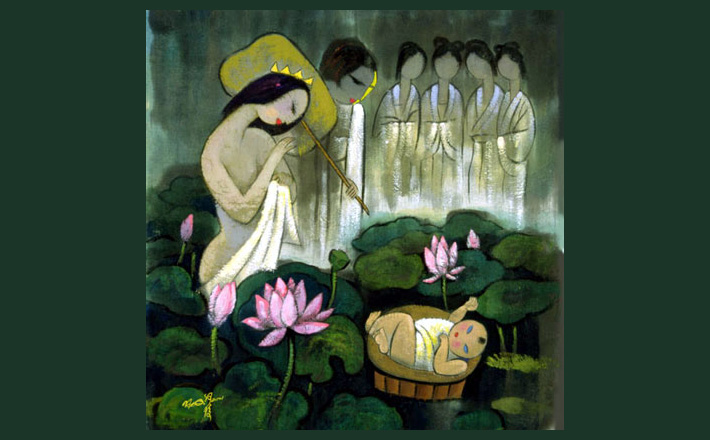

.png)

